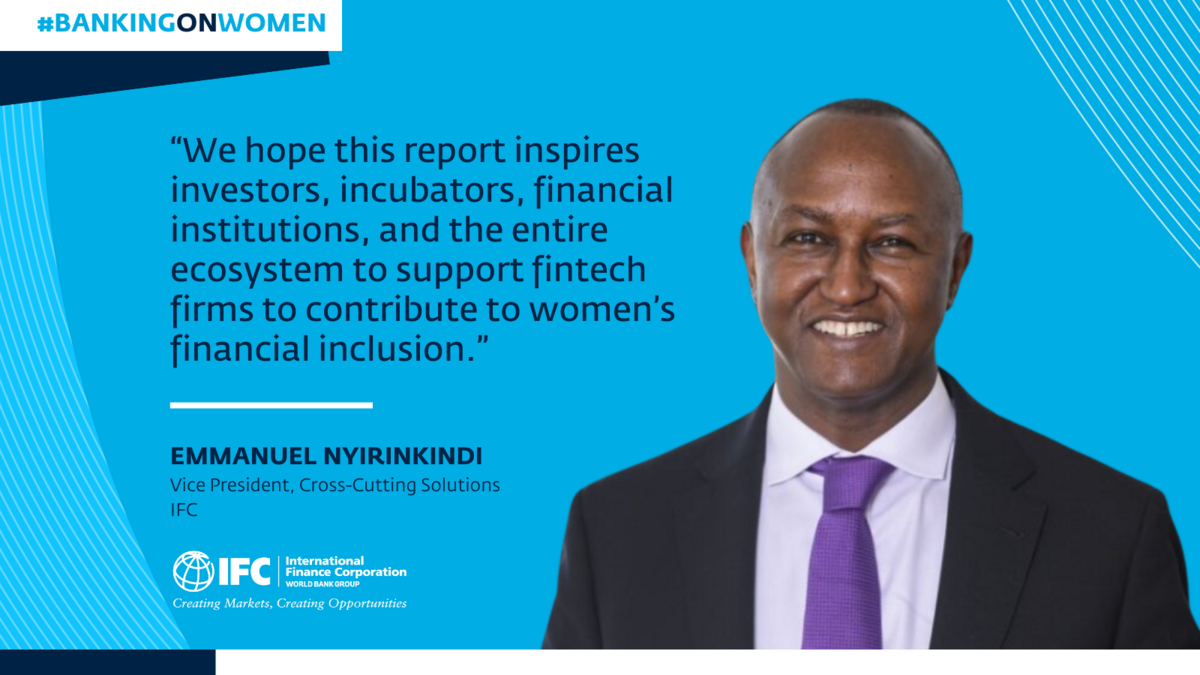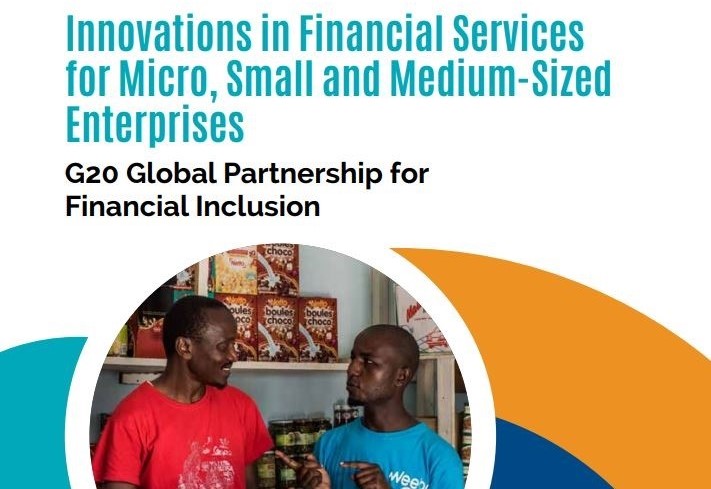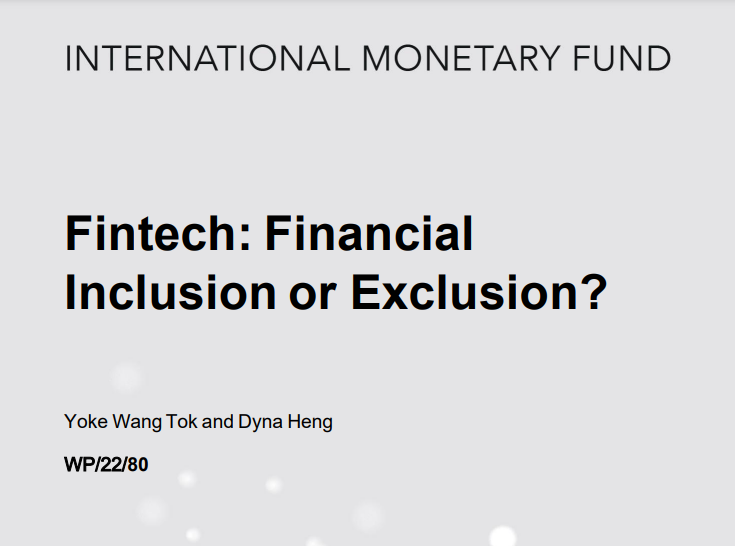A small group of poor self-employed women residing in Ahmedabad, who were members of Self Employed Women's Association (SEWA) a trade union of unorganized sector women workers, realized a need for "PROMOTING" THEIR OWN Financial Institution.
This need was based on three major reasons.
They need capital for running their day to day business as well as for buying equipments for this business.
Such borrowings were on exploitative terms and they desperately wanted to come out of the clutches of these money-lender.
They wanted some safe place to put their "Savings"
Their experience in dealing with formal banks through SEWA UNION had made them realize that it will be extremely difficult for them to avail banking services from these formal Institutions.
They articulated this idea in a meeting of Sewa members in the year 1974, also took responsibility of convincing other poor women, contributed required initial share capital for promoting a bank of their own and signed as "PROMOTERS". Out of total 15 Promoters, only two were non-poor who facilitated registration process.
So, the first Micro-finance Institution, was established in year 1974, as an Urban Co-operative Bank, at the initiative of few poor self employed women.
Self employed women workers and producers are economically very active and contribute to the growth of the economy. They are mainly involved in production, trading and the service sector. However, in spite of their hard work and their contribution to the country's gross domestic product, they do not have access to financial services, which would help them to upgrade their own work and productivity.
Self-employed women face two major financial problems:
1. Lack of working Capital
2. Non-ownership of Assets
As a result, a big portion of their meager income goes towards interest on working capital and rent on trade equipment. Terms of borrowing from money-lenders are very exploitative and the formal banking sector is not usually responsive to the special needs of informal sector women workers, in terms of providing appropriate banking services.
Thus, in order to address this problem and free themselves from the vicious cycle of eternal debt, the members of SEWA came forward with their own solution, in a meeting in December 1973: "a bank of their own", where they would be accepted in their own right and not to be made feel inferior. "We may be poor", they said "but we are so many", and indeed 4,000 women contributed share capital of Rs.10/- each to establish the MAHILA SEWA CO-OPERATIVE BANK . In May 1974, the SEWA Bank was registered as a co-operative bank under the dual control of The Reserve Bank of India and The State Government. Since then it has been providing banking services to poor, illiterate self-employed women and has become a viable financial venture.










